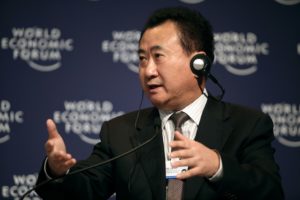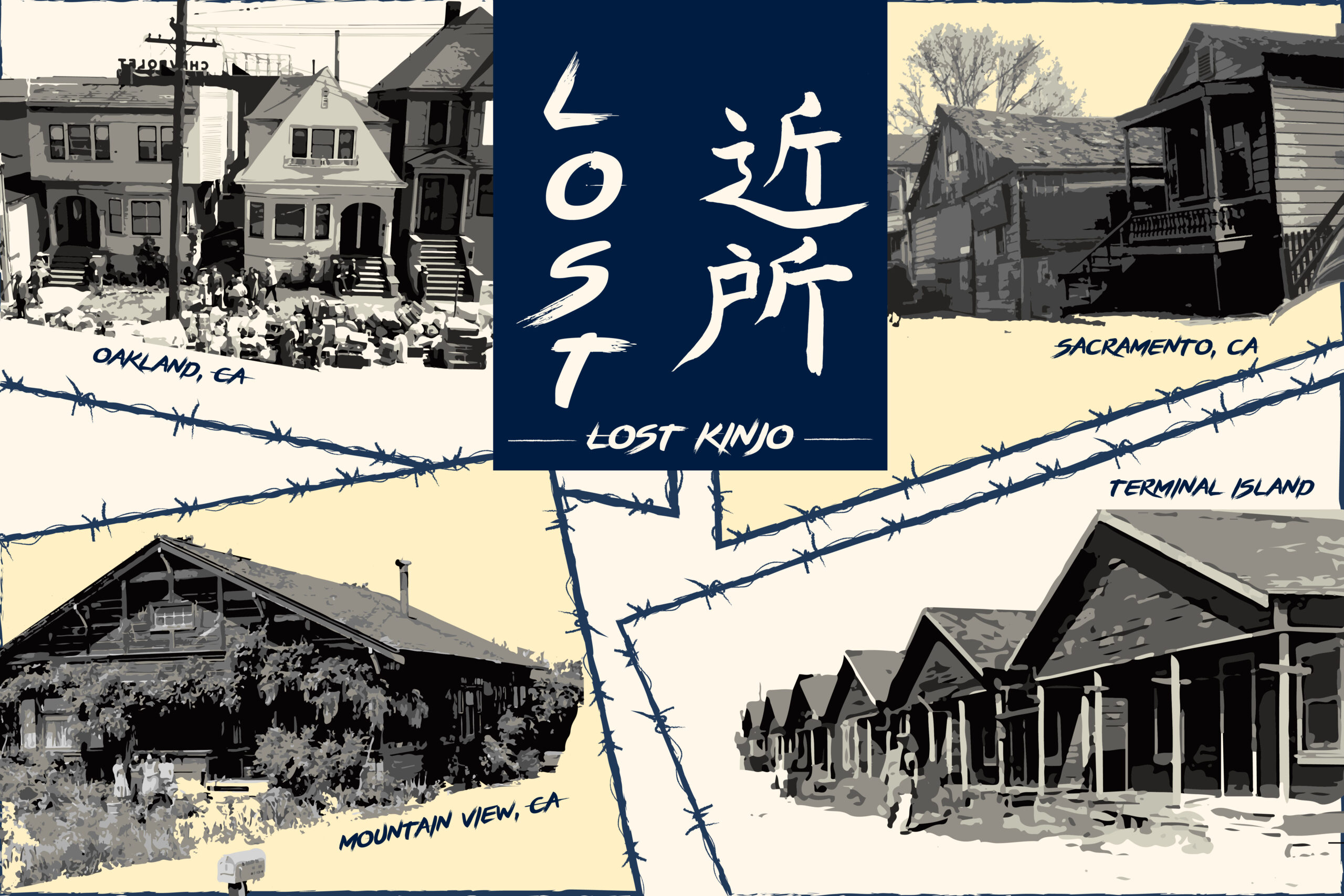
By World Economic Forum via Wikicommons
By Ed Diokno
Donald Trump isn’t even president yet and he’s already gotten off to rocky start in foreign relations when he talked with the President of Taiwan, an office the U.S. hasn’t officially recognized since 1979.
In response to his critics, Trump claims he is using Taiwan as a “bargaining chip,” in his future negotiations with China. In response, China didn’t fool around. It ominously flew bombers over the South China Seas. Round One goes to China.
Another area of possible contention won’t be in the South China Seas, it won’t be the proposed TPP Treaty; it won’t be over arms sales to third party countries. It will be in Hollywood.
At the center of it all is the richest man in China – Wang Jianlin of the Dalian Wanda conglomerate. He has made it clear that he wants to be a major player in the world’s entertainment industry. Forbes puts Wang’s worth at $33 billion.
LATEST STORIES
He paid $2.6 billion to buy theater chain AMC Entertainment in 2012. According to The Hollywood Reporter, Wanda put out $3.5 billion deal for Burbank-based studio Legendary Entertainment. He invested in theme parks, digital marketing, merchandising and the accession of Dick Clark Productions pending and is building the world’s largest film studio, for $8.2 billion, on China’s northeast coast.
He has eyes on purchasing one of the major Hollywood studios when one becomes available – either Sony, Fox, Universal, Paramount, Disney or Warner Bros. In the meantime, he is investing millions in all six Hollywood-based studios.
“We will continue to work on a potential acquisition,” Wang told the Hollywood Reporter. “But it won’t hurt to start by doing what we can. Participating via investment seems like a wise choice for the time being.”
Incoming Senate Minority Leader Chuck Schumer is calling for greater scrutiny of China’s aggressive deal making in Hollywood, lending Democratic support to an issue raised by President-elect Donald Trump and his allies.
Schumer said Chinese acquisitions of U.S. media companies should be examined to determine whether they are being orchestrated by the Chinese government. The letter reportedly highlighted Dalian Wanda Group by name.
During the recent presidential campaign, Trump often said he intended to take a harder line on Chinese takeovers of U.S. companies — among other hawkish stances towards the world’s no. 2 economy. With Schumer offering bipartisan support for such scrutiny, a change to the regulatory landscape looks increasingly likely.
“While China’s government has aggressively pursued policies that encourage strategic acquisition in the U.S., U.S. companies continue to face steep barriers to market access in China,” Schumer wrote in a letter to Treasury Secretary Jack Lew, U.S. trade representative Michael From an and Trump.
Wang said if something happens to jeopardize his Hollywood investments, 20,000 American jobs could be lost.
American companies that want to access China’s growing markets are required to establish joint ventures with local operators, the terms of which typically require handing over operational control and intellectual property, according to THR. The Walt Disney Co., Warner Bros and DreamWorks Animation each have a similar Chinese partnership in order to operate theme parks or engage in movie-making in the country. Schumer characterized China’s requirements as an unfair “pay to play system.”
Wang is not the only Chinese businessman who wants a piece of Tinsletown and its glamor.
Alibaba’s Jack Ma recently reached agreement with Dreamwork’s Steven Spielberg to distribute films in Hollywood and China. The move aims to benefit Alibaba’s ambitious media strategy and gives Dreamworks a toe in the door to a highly regulated market while bridging a cultural gap between the two countries, says Business Insider.
Fosun Group and Huayi Brothers are other Chinese conglomerates investing in U.S. media entertainment.
One would think that the China-Hollywood partnerships would benefit Asian American actors,but that doesn’t necessarily bear out.
When director John Chu announced that he would use an all-Asian cast for the movie version of Crazy Rich Asians, a lot of Asian American actors were excited about the opportunity to have a shot at lead roles and portraying contemporary, complicated characters. However, with the growing influence of China, many of the roles in the movie, which mostly takes place in Singapore, will likely go to actors based in Asia.
The role of The Ancient One in Marvel’s Dr. Strange was switched from a Tibetan monk to a Celtic priestess played by Tilda Swinton, ostensibly, to avoid offending Chinese government officials to whom Tibet is still a sensitive topic.
Perhaps, it is no coincidence that two of the major characters in Rogue One: A Star Wars Story is portrayed by two of China’s big-name stars – Donnie Yen and Jiang Wen – instead of using Asian American actors, who might be more familiar to U.S. audiences.
Chinese influence has been growing in Hollywood for several years. The 2012 remake of Red Dawn originally featured Chinese soldiers invading an American town, yet producers changed the invaders into North Koreans without even receiving a formal complaint from Beijing.
Whoever controls the movie experience can subtly influence public opinion in North America as well as China. And the Chinese government — Wang’s staunch supporter according to Politico , has not been subtle about that goal. The Communist Party has banned or currently bans thousands of books deemed controversial. It heavily censors the Internet, while Facebook and Twitter remain prohibited in China.
The potential for harm is enough to raise red flags (no pun intended).
“To be sure, we’ve seen this movie before — and it didn’t have an unhappy ending. Roughly a quarter-century ago, Japanese firms spent billions of their surplus dollars to take over Columbia Pictures and Universal, amid much media hand-wringing about an Asian ‘invasion’ of Hollywood,” wrote the Washington Post in an editorial. “The Japanese took financial losses and were forced to retreat. The same might happen to Dalian Wanda. Still, there is a fundamental difference between today’s Chinese buying spree and the Japanese prequel: Japan is a strategic ally of the United States and a democracy committed to free expression. China, by contrast, is adversarial and ruled by a dictator, Mr. Xi, who has openly declared a global propaganda agenda, based on the idea that “Chinese art will further develop only when we make foreign things serve China.”
Nevertheless, the increasing influence in Hollywood by China could spark an outbreak of China-bashing that we haven’t seen in some time. In this regard, therefore, from an Asian American’s point of view, it bears watching closely.
In the science fiction movie Looper, actor Joseph Gordon-Levitt plays a time-traveling character. The time-travel-business pays well. In the film, Gordon-Levitt’s character is learning French and saving his money so that he can move to Paris. But his boss, who is from the future, does not recommend it.
“Go to China,” he tells Gordon-Levitt. When Gordon-Levitt protests, he adds, “I’m from the future, go to China.”
The rest of the film takes place in Shanghai; not Paris. The switch paid off: Looper became the first new Hollywood film to make more money in its opening weekend in China than the U.S.








